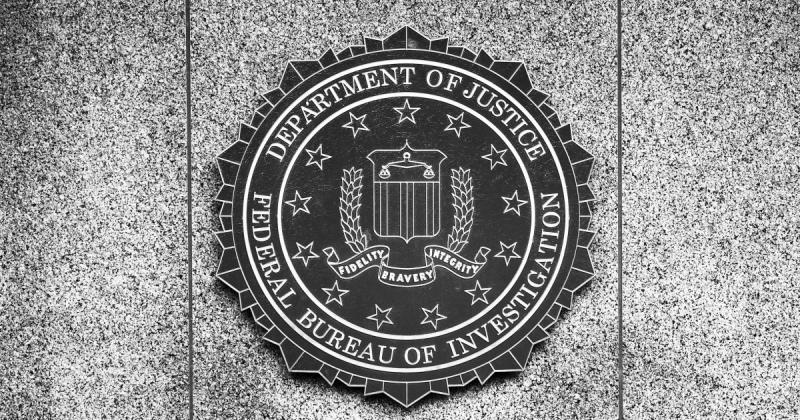AN IMPORTANT EMAIL WARNING
ON NOVEMBER 13TH, 2021 THE FBI ISSUES THIS STATEMENT
FBI Statement on Incident Involving Fake Emails – Original statement:
The FBI and CISA are aware of the incident this morning involving fake emails from an @ic.fbi.gov email account. This is an ongoing situation, and we are not able to provide any additional information at this time. The impacted hardware was taken offline quickly upon discovery of the issue. We continue to encourage the public to be cautious of unknown senders and urge you to report suspicious activity to ic3.gov or cisa.gov.
ON NOVEMBER 14TH, 2021 THE FBI ISSUES THIS UPDATE:
The FBI is aware of a software misconfiguration that temporarily allowed an actor to leverage the Law Enforcement Enterprise Portal (LEEP) to send fake emails. LEEP is FBI IT infrastructure used to communicate with our state and local law enforcement partners. While the illegitimate email originated from an FBI operated server, that server was dedicated to pushing notifications for LEEP and was not part of the FBI’s corporate email service. No actor was able to access or compromise any data or PII on the FBI’s network. Once we learned of the incident, we quickly remediated the software vulnerability, warned partners to disregard the fake emails, and confirmed the integrity of our networks.
THE STORY CONTINUES:
Hacker sends spam to 100,000 from FBI email address – The FBI and Cybersecurity and Infrastructure Security Agency said they were aware of the fake emails sent from the FBI account, but declined to share more information.
From NBC NEWS:
By Kevin Collier, NBC News
An apparently malicious hacker sent spam emails from an FBI email server Friday night to at least 100,000 people, an email spam watchdog group has found.
The person’s motives are unknown. The email message was a bizarre, technically incoherent warning that made reference to cybersecurity writer Vinny Troia as well as a cybercriminal group called The Dark Overlord. Troia’s company, Night Lion Security, published research on The Dark Overlord in January.
The hacker signed off as the U.S. Department of Homeland Security’s Cyber Threat Detection and Analysis Group, which hasn’t existed for at least two years.
The FBI routinely warns American companies of cyber threats targeting particular industries, or when they learn of malicious hackers trying an effective new technique. This is believed to be the first known case of a seemingly malicious actor gaining access to one of those systems to send spam to a large number of people.
The incident comes on the heels of a number of high-profile breaches of U.S. government networks in recent months, including a Russia-based attack that compromised at least nine federal agencies, and a Chinese-based hacking campaign so severe that the Cybersecurity and Infrastructure Security Agency had to issue a rare mandate for all government agencies to immediately update their software.
While it’s common for scammers to make it appear that they’re sending an email from someone else’s address, the emails’ metadata made it clear that they were sent from an FBI server, said Alex Grosjean, a researcher at the Spamhaus Project, a European nonprofit that monitors email spam.
The recipients of the emails appear to be the publicly listed administrators of websites listed on the American Registry for Internet Numbers, Grosjean said.
In an updated statement on Sunday, an FBI spokesperson said the hacker had found and exploited a flaw in how an agency messaging system is configured, and that they weren’t able to access FBI files.
“The FBI is aware of a software misconfiguration that temporarily allowed an actor to leverage the Law Enforcement Enterprise Portal (LEEP) to send fake emails. LEEP is FBI IT infrastructure used to communicate with our state and local law enforcement partners,” the emailed statement said.
“No actor was able to access or compromise any data or PII [personally identifiable information] on FBI’s network,” it said.
ADVISORY
While we all believe that this event is now over, it raises significant concerns, especially about what the FBI is not telling us!
If you or anyone you know received any emails from the FBI (FBI.gov) DO NOT CLICK on any links or respond to any actions. Call the FBI about any emails or notices to confirm their authenticity!




Please Leave A Comment - Tell Us What You Think About This!